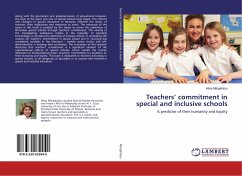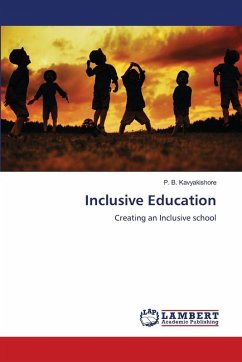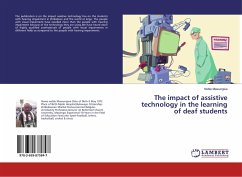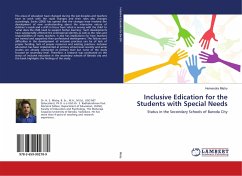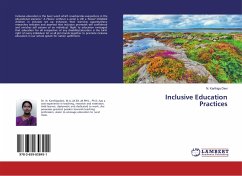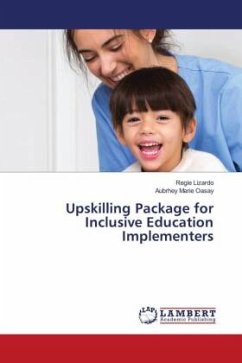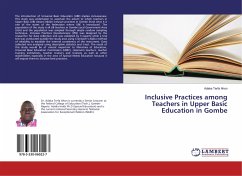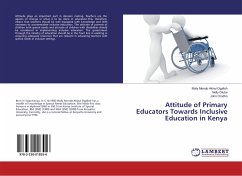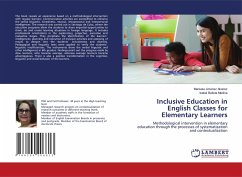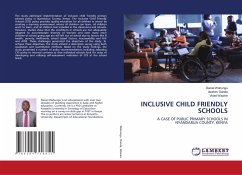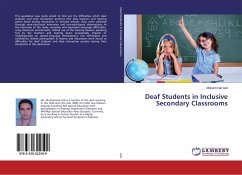
Deaf Students in Inclusive Secondary Classrooms
Versandkostenfrei!
Versandfertig in 6-10 Tagen
37,99 €
inkl. MwSt.

PAYBACK Punkte
19 °P sammeln!
This qualitative case study aimed to find out the difficulties which deaf students and their interaction partners (the class teachers and hearing peers) faced during interaction in inclusive schools. Data were collected through semi-structured interviews and non-participant observations. As the outcomes of the study, receptive and expressive language difficulties, noisy classroom environment, limited use of the hearing devices, speaking fast by the teachers and hearing peers occasionally, impacts of multilingualism on speech-language development, low self-esteem and confidence, limited partici...
This qualitative case study aimed to find out the difficulties which deaf students and their interaction partners (the class teachers and hearing peers) faced during interaction in inclusive schools. Data were collected through semi-structured interviews and non-participant observations. As the outcomes of the study, receptive and expressive language difficulties, noisy classroom environment, limited use of the hearing devices, speaking fast by the teachers and hearing peers occasionally, impacts of multilingualism on speech-language development, low self-esteem and confidence, limited participation in lessons and discussions were found as difficulties for deaf students and their interaction partner during their interaction in the classrooms.



